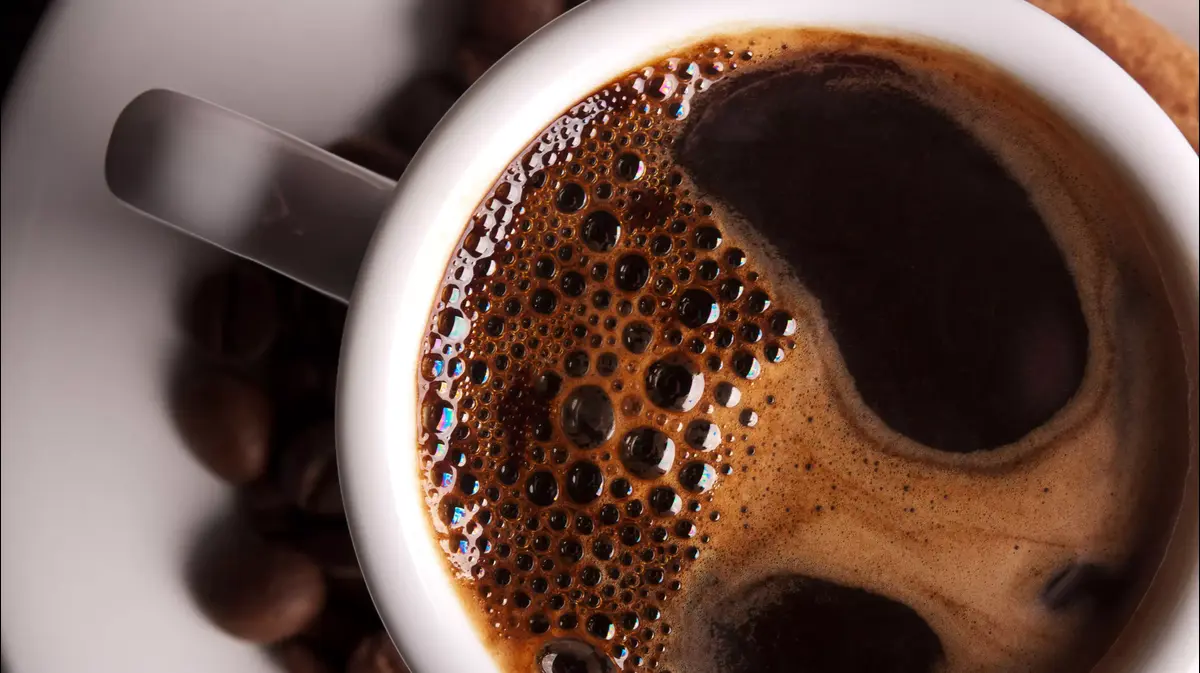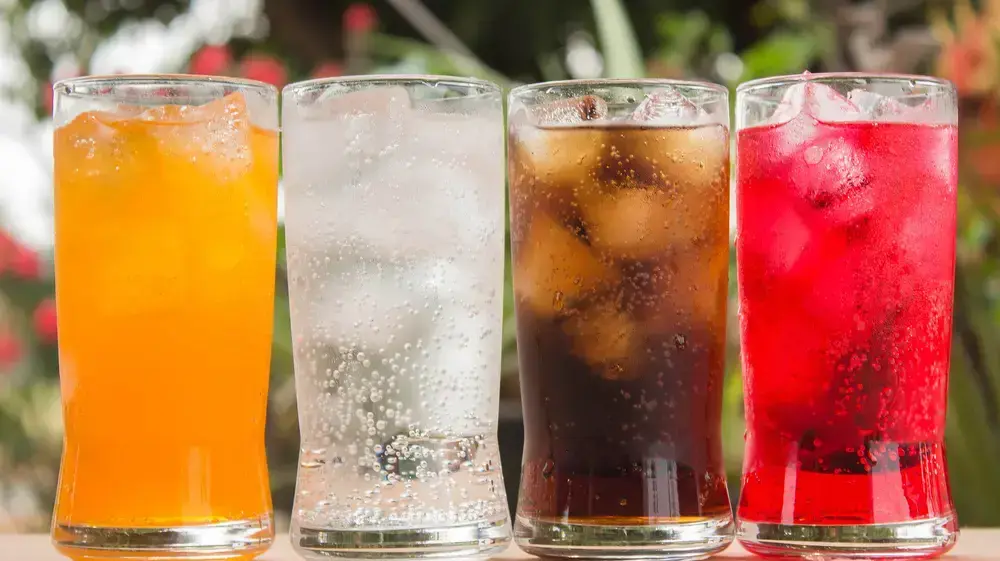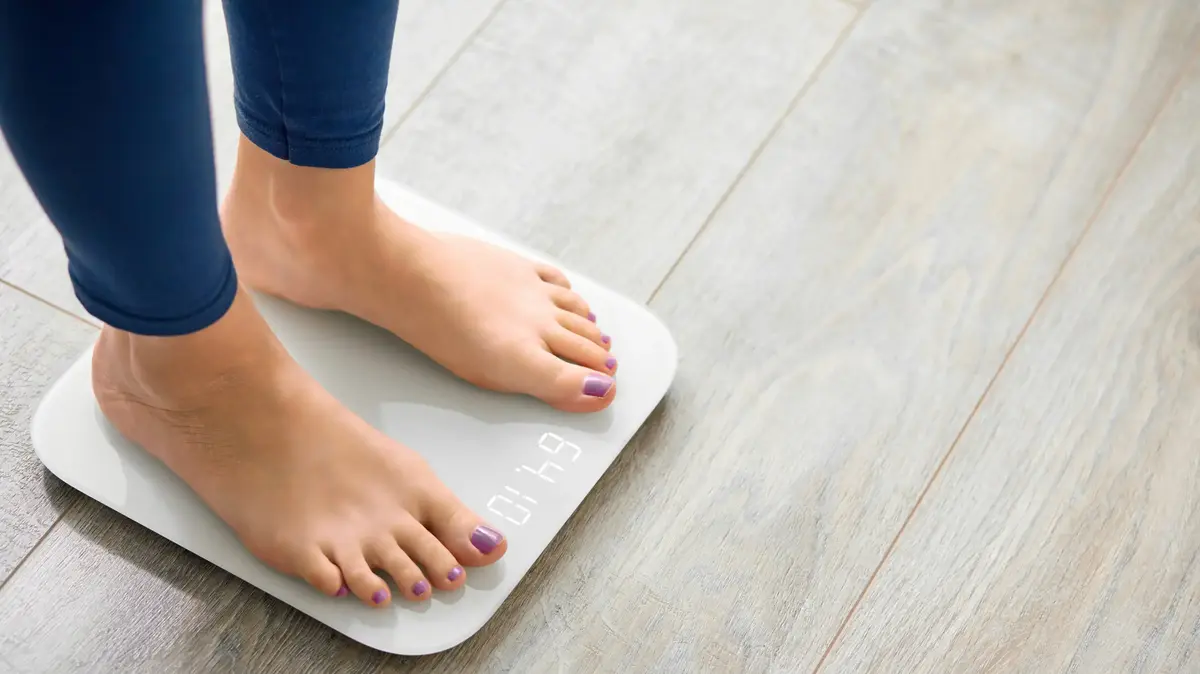Whether as a drinker or as a mixed drink at parties: Almost one in five schoolchild takes regular energy drinks according to a new study. This has a negative effect on the health: among the girls and boys in the fifth to tenth classes, who consume energy drinks, obesity, sleep disorders and hyperactivity are particularly common.
Accordingly, 19 percent of girls and boys in these grades drink energy drinks at least once a month. Six percent do it weekly, three percent a day. The numbers come from the health insurance DAK.
Together with the Institute for Therapy and Health Research (IFT-Nord), the study was conducted in 13 federal states. Around 14,000 girls and boys from more than 900 school classes were interviewed, according to the DAK, the study is representative.
Of the daily energy drink consumers, two-thirds are male. "Especially for adolescents, stimulating soft drinks are questionable," said DAK CEO Andreas Storm. "They contain a lot of caffeine, are extremely sweetened and are full of synthetic additives."
Sleep disorders with daily consumption
Accordingly, the drinks can also lead to massive health problems: For example, almost two thirds of boys and girls with daily consumption of sleep disorders reported. In the group of those who never or rarely drink energy drinks, only 41 percent would have problems falling asleep or staying asleep.
Just recently, the Federal Institute for Risk Assessment (BfR) warned against the health risks of energy drinks: just two doses a day can have negative consequences for the cardiovascular system - mainly because of the high caffeine content. The sugar is also harmful: compared to other soft drinks and soft drinks, energy drinks have the highest sugar content, averaging more than eight percent. This resulted in a market check of the consumer organization foodwatch.
According to IFT study leader Reiner Hanewinkel, obesity, sleep disorders or hyperactivity are already present when children and adolescents regularly consume an energy drink once a month. In case of a lot of drinking teenagers, the negative effects would be particularly strong. The DAK therefore calls for better labeling of energy drinks. So far, the manufacturers would not have to inform about specific health risks.















